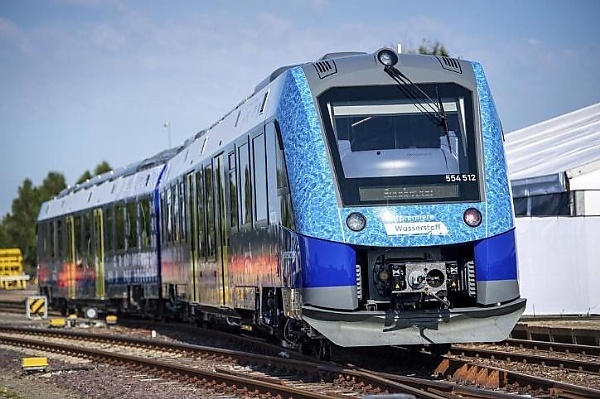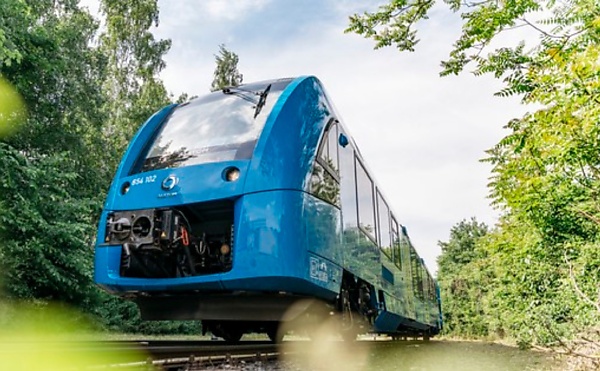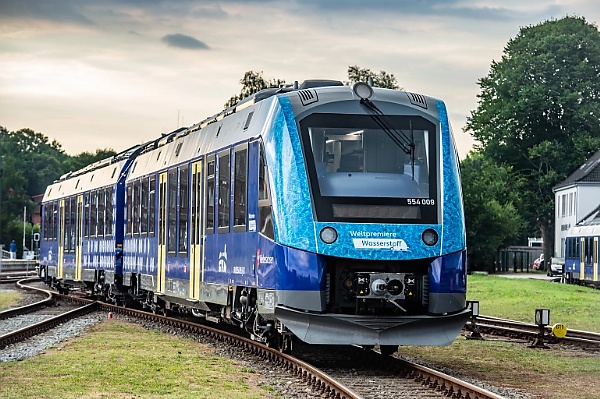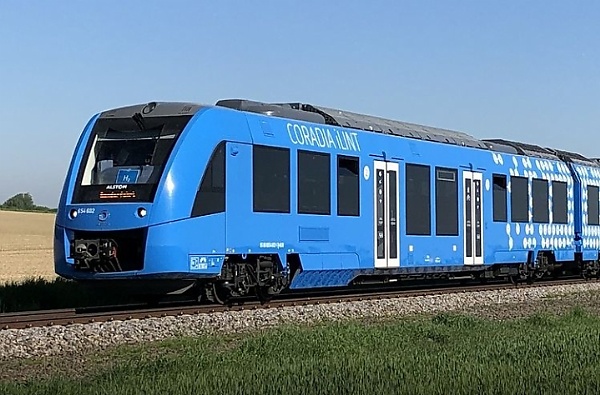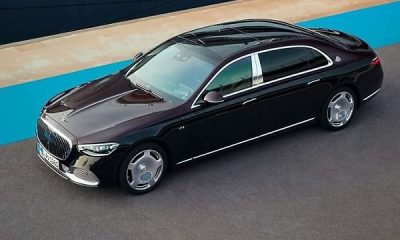News
Germany Introduces World’s First Hydrogen-Powered Trains
-

 News1 week ago
News1 week agoThe First In Africa : Davido Buys Customized Lamborghini Revuelto Sports Car Worth $1 Million
-

 News6 days ago
News6 days agoFashion Mogul, Seyi Vodi, Buys Rolls-Royce Cullinan Series II Worth N1.7b To Mark His 50th Birthday
-

 News5 days ago
News5 days ago“We Stripped VW Golf, Rebuilt It Into Prototype Patrol Vehicle” : Inventor Of Armored Ezugwu MRAP Vehicle Explains
-

 News6 days ago
News6 days agoMore Photos Of Locally-assembled M-Hero 917 Electric SUV That Is Set To Rule Nigerian Roads
-

 News5 days ago
News5 days agoDavido Buys Lamborghini Revuelto, M-Hero 917 Launched In Nigeria, LASPA Parking Signage, FRSC Recovers 35 Stolen Vehicles, News In The Past Week
-

 News1 week ago
News1 week agoSAGLEV Launches MHERO 917 Into Nigerian Market, Off-road Electric SUV Will Be Assembled Locally
-

 News2 days ago
News2 days agoEleganza : Inside Billionaire Okoya’s Garage, Featuring Rolls-Royces, Including Silver Cloud And Cullinan
-

 Car Theft1 week ago
Car Theft1 week agoNVIS : FRSC Anambra Recovers Stolen Toyota Sienna That Was Reported Missing For Three Years

